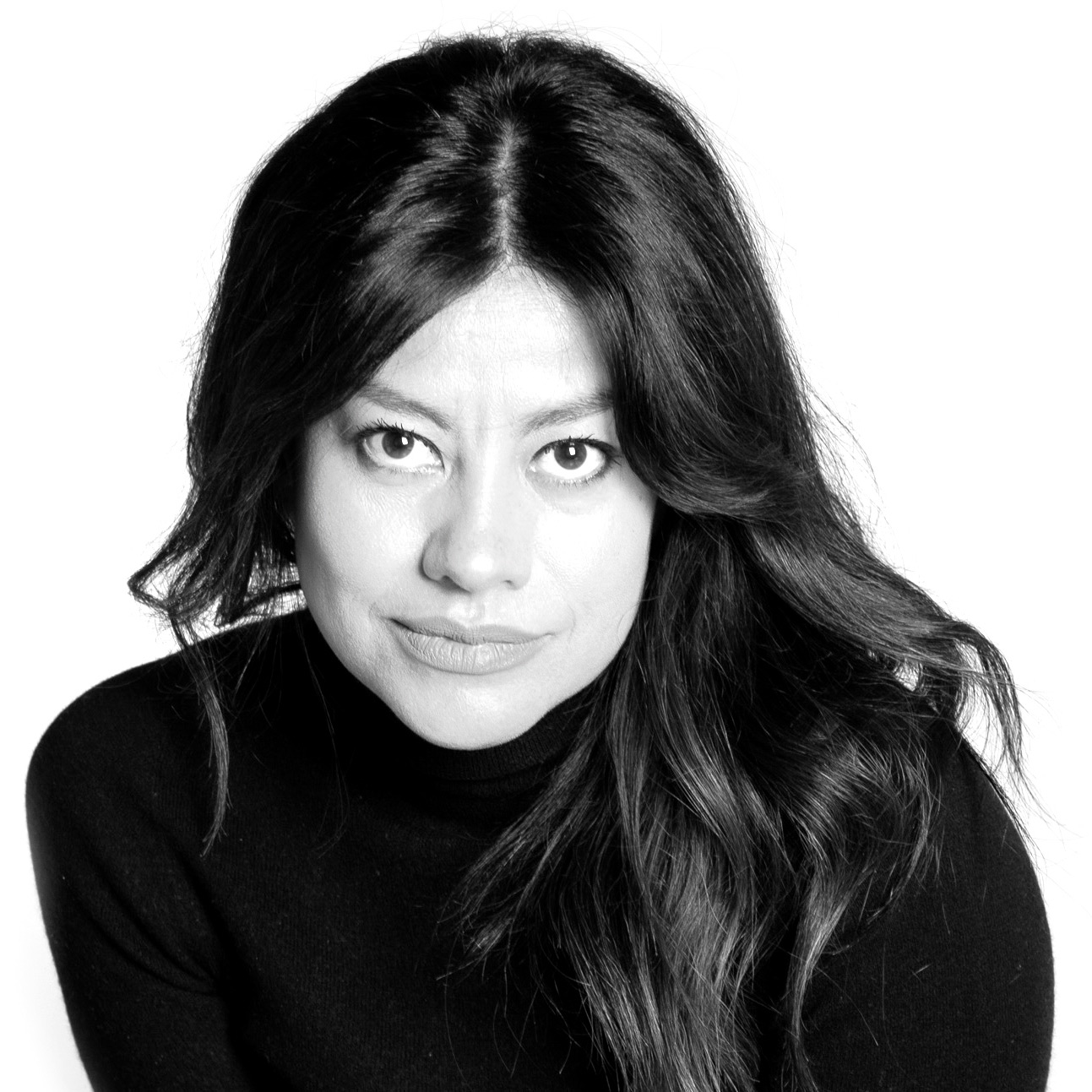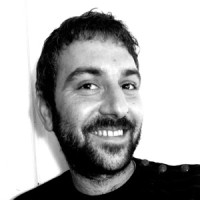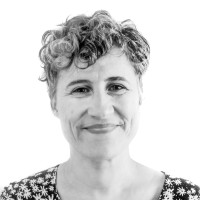The instrument of freedom

We all know that freedom is a difficult, multi-margin concept, difficult to define in words. We often define it immensely, with being able to decide without constraints, without consequences or without taking responsibility for the actions. But since there is nothing without limits, no relationship that does not condition, no action that does not produce effects, no welfare society without responsibility in actions, what is freedom, something impossible? And what if that were the case, would someone need to guide and channel us? Dangerous effect.
The fact of talking about free education has made me think a lot about this issue, because you have to determine where the real difference is between growing free or not free, the key. The exhortation of answers and the "question" to philosophy, to psychology, to politics and to sociology, this is the image I now make of freedom in my head: freedom, to be.
I believe that to pose this way serves at least to look elsewhere, "limits yes, no limits", "consequences yes, no consequences", beyond the usual questions, the force to try to feed what a child needs to be.
Knowing that a child needs free play, for example, and wondering if he or she has enough time, space and way to do so. Although you will not be able to play at any time or in any space, at least in any way. We give you what you need, but with a limit (i.e. form). For example.
I don't like the excessively utopian sense given to freedom, and as an attempt to give a more real and utilitarian character, I once invented the idea of the instrument of freedom to give people who came to the courses, as an indispensable device that should always be carried in the pocket if you learn to use it correctly.
The consequence is another world; how we use it as a euphemism of grief
The tool consists of two cables. One has to connect ourselves to know what we want and the other to the outside to know what that concrete reality looks like. The formula of freedom would be to do what we want or need, within the form and the limits of a concrete reality, aware of the consequences that will bring us what we do, as responsible for the damage we may cause, ready to make a reparation.
You can accept the limits of reality in the sense of the form or nature that this reality has and adapt my will to it. But you can also adapt reality so that what I need is possible. Then, of course, there are limits that need to be overcome and broken, simply because they are contrary to people’s needs. Yes, I am referring to revolution and the legitimate defence of rights. Because wiring to reality must also serve to detect oppression, and in this case freedom serves to emancipate psychologically at least. I know I'm oppressed, and I know who's the one who has me like that.
The consequence is another world; how we use it as a euphemism of grief, how much thirst for revenge, violence and excess morality is behind what we supposedly present as a consequence. The consequence of something is nothing but what we learn through the consequence that gives us an action. Besides, there is an attempt to repair damage generated in the environment according to their age.
It's a very complex issue, I know, but there's a principle that you always have to remember: freedom is about yourself. Because if someone else is going to give it to you, it's a sign that you've taken it away before. It's in us, in our pocket.
Bidali zure iritzi artikuluak iritzia@argia.eus helbide elektronikora
ARGIAk ez du zertan bat etorri artikuluen edukiarekin. Idatzien gehienezko luzera 4.500 karakterekoa da (espazioak barne). Idazkera aldetik gutxieneko zuzentasun bat beharrezkoa da: batetik, ARGIAk ezin du hartu zuzenketa sakona egiteko lanik; bestetik, egitekotan edukia nahi gabe aldatzeko arriskua dago. ARGIAk azaleko zuzenketak edo moldaketak egingo dizkie artikuluei, behar izanez gero.
I received your e-mail in personal mail on the strike portals. At first, like many others, I thought it was to let you know what options we have in the face of the strike. But no, the e-mail received was a political and communicative movement against the strike.
I will confess... [+]
This weekend I've been thinking about the word 'aesthetic' in relation to a phrase said by a friend: “This work is aesthetic.” I have studied the etymology of the word aesthetic, it seems that its meaning was originally perceived through the senses, and it was later associated... [+]
In recent years, the concept of industrial policy has reappeared strongly at various levels. The organization that was the hammer of neoliberalism, the International Monetary Fund, today insists that markets have been pressured to allocate resources efficiently and solve these... [+]
The other day in Bilbao, I met a friend at the Bira bar. We were very happy at the Tar and I said: “Of course, since you’re Guipúzcoa, hahahaha.” And he insisted that he was not Guipuzcoan. Without me understanding it, I kept saying, “Ah! Is it not? You were born in New... [+]
Zalantza asko izan ditut, meloia ireki ala ez. Ausartuko naiz, zer demontre! Aspaldian buruan dudan gogoeta jarri nahi dut mahai gainean: ez da justua erditu den emakumearen eta beste gurasoaren baimen-iraupena bera izatea. Hobeto esanda, baimen-denbora bera izanda ere, ez... [+]
We are in the midst of a world imperialist offensive led by the Western bourgeoisie. The form that the imperialist offensive has taken is that of war, with all its variants: economic war, cognitive and cultural war, lawfarr; and, of course, military war. Western imperialism has... [+]
I just saw a series from another sad detective. All the plots take place on a remote island in Scotland. You know how these fictions work: many dead, ordinary people but not so many, and the dark green landscape. This time it reminded me of a trip I made to the Scottish... [+]
To be honest, I don't know why I'm writing this. In today’s hostile environment, opinions of this kind are not well received. Perhaps LUZ will not publish this because it does not correspond to the opinions they have published so far (but if they have finally decided to publish... [+]
On January 15, the techno-business lobby called Cedarios presented its 6th report, Euskadi and the European Union, the shared destiny of prosperity and competitiveness. This neoliberal Think Tank, made up of eminent experts drawn from the world of finance, presented a magical... [+]
We Basques move our feet behind the witness of Korrika to proclaim that we want to survive as a Basque people in favor of our language, with the aim of the Basque Country we desire.
The tipi-tapa is the first step taken by a migrant person who leaves his homeland in Africa,... [+]
And for another year, the unions have organized prefabricated strikes for us. And we, individually, will decide whether or not to join the strike, without the need for any assembly at the school.
The strike model that I was taught is no longer in vogue, it seems. In my... [+]
Life surrounds everything, it is limited and fragile. To live good lives, it seems to me that the body knows what to do, while the mind, although it knows (when it is well informed), often sees the body deliberately silence. In this silence the mind opens itself to relations... [+]
Eroso gaude ingurunea gure egoera fisiko/emozionalera egokitzen denean. Besteak ni kontuan hartu nauenean, izan gizaki bat, objektu bat, espazio bat. Erosotasunaren klabea produktu eta espazio diseinuan beharrizan handi gisa sartu da, erosotzat jotzen dena erosgarria delako... [+]




















